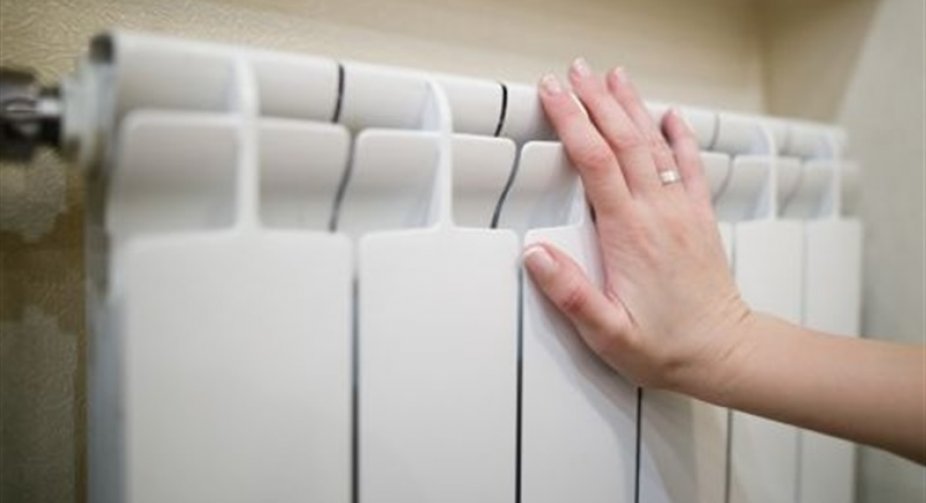The arctic cold expected in western Europe next week will be the first test of how far people are willing to delay turning on the heating in an attempt to save energy and ease the household budget. This is reported by Bloomberg.
According to forecasters, the temperature in London will be almost 5 degrees below average, and on the night of September 27 it will drop to 6.5 degrees. France and Spain will also face temperatures 3-4 degrees below the seasonal norm.
"It will be even colder early next week as arctic air moves south and strong northerly winds will add to the chill," the UK Met Office said.
The heating season doesn't officially start until October, when temperatures are expected to return to normal, but it's a real test of energy discipline in the region as governments try to cut energy use across all sectors of the economy. The European Union is discussing the goal of mandatory reductions in consumption.
As governments provide billions of euros to support consumers struggling with rising energy prices, there is hope that many people will keep their thermostats turned down even in the colder months.
"There are some signs of a reduction in household demand due to rising retail tariffs," Engie SA's market analysis platform EnergyScan said. "But this is yet to be confirmed in the coming weeks."
As many people return to the office, energy demand should peak in the early morning and late hours, especially when more lights are turned on as the days get shorter.
In the UK already this week there are signs that the demand for gas in the early morning is increasing, according to data from the network operator National Grid Plc. Wind generation was also low, underscoring how challenging the calm weather combined with cold temperatures can be this winter.
Normal temperatures will return in early October when wind power generation increases.
